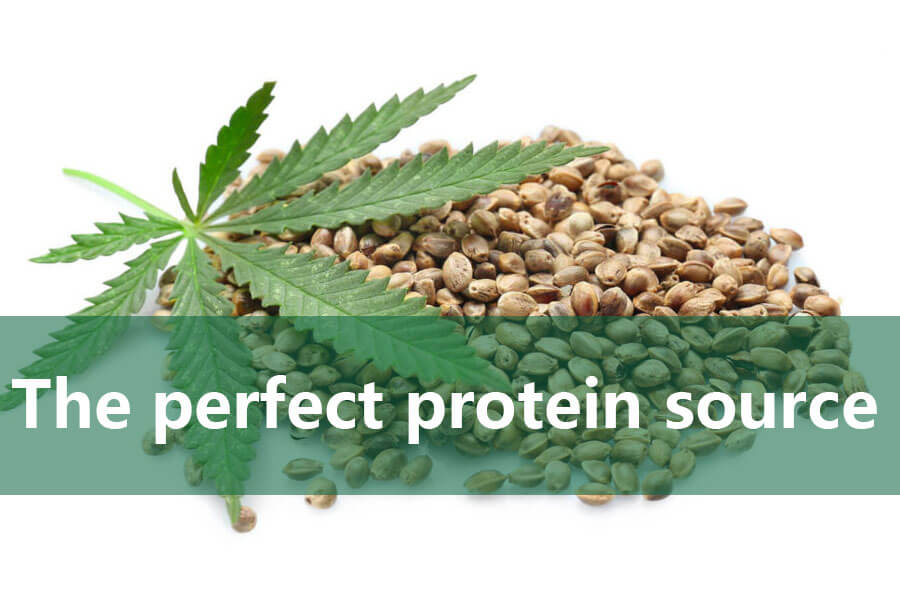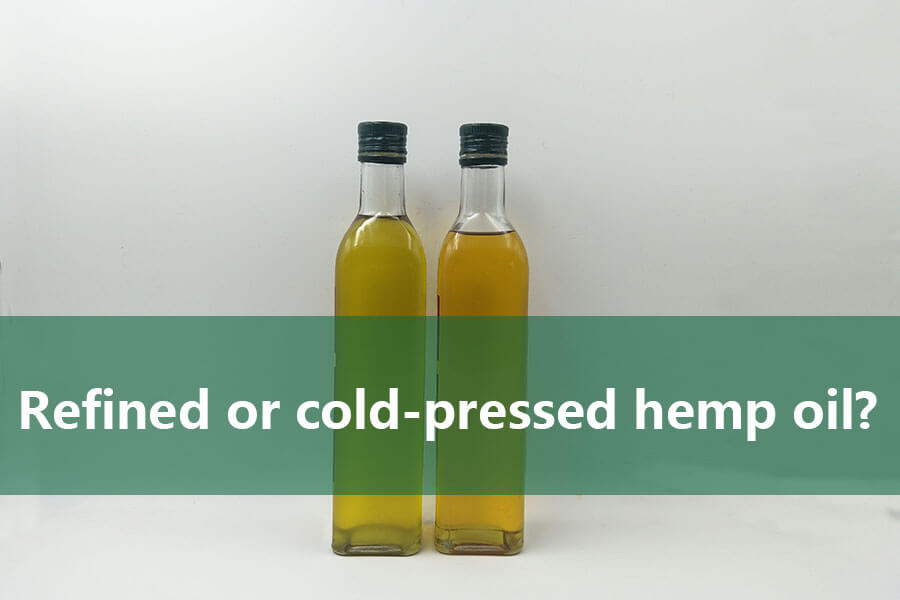Hemp seed oil is a versatile and nutritious product derived from the seeds of the industrial hemp plant. Hemp seed oil has a high content of omega-3 and omega-6 fatty acids, as well as other beneficial compounds such as cannabidiol (CBD), which has anti-inflammatory, anti-anxiety, and anti-epileptic properties. Hemp seed oil can be used for various purposes, such as cooking, cosmetics, supplements, and medicine. In this article, we will explore some of the emerging trends and innovations in the organic hemp seed oil industry, which is expected to grow at a compound annual growth rate (CAGR) of 14.7% from 2023 to 2030.
Increasing Demand for Organic and Natural Products
One of the major drivers of the organic hemp seed oil industry is the increasing consumer demand for organic and natural products, especially in the food and beverage, personal care, and pharmaceutical sectors. Consumers are becoming more aware of the health and environmental benefits of organic products, as well as the potential risks of synthetic chemicals and pesticides. According to a report by Future Market Insights, the global organic food and beverage market is expected to reach US$ 679 billion by 2033, growing at a CAGR of 10.4%. Similarly, the global organic personal care market is projected to reach US$ 25.1 billion by 2030, expanding at a CAGR of 8.3%.
Organic hemp seed oil is a natural and sustainable product that meets the consumer preferences for organic and natural products. Organic hemp seed oil is produced from organically grown hemp plants, without the use of chemical fertilizers, pesticides, herbicides, or genetically modified organisms (GMOs). Organic hemp seed oil is also certified by third-party agencies, such as the USDA Organic, the EU Organic, or the Canada Organic, to ensure its quality and authenticity. Organic hemp seed oil offers various advantages over conventional hemp seed oil, such as higher nutritional value, lower environmental impact, and higher consumer trust.
Innovation in Product Development and Application
Another key trend in the organic hemp seed oil industry is the innovation in product development and application, which is driven by the growing research and development (R&D) activities, the advancement in technology, and the diversification of consumer needs. Hemp seed oil can be processed and fractionated into various products, such as cold-pressed oil, refined oil, CBD oil, protein powder, and fiber. These products can be used for various applications, such as food, textiles, beverages, personal care products, pharmaceuticals, and others.
Some of the examples of innovative products and applications of organic hemp seed oil are:
- Hemp seed oil gummies: CBII, a UK-based company, offers hemp seed oil gummies that are infused with CBD and other natural ingredients, such as turmeric, ginger, and vitamin C. The gummies are vegan, gluten-free, and organic, and are designed to provide various health benefits, such as stress relief, immune support, and inflammation reduction.
- Hemp seed oil balm and face oil: CBII also offers hemp seed oil balm and face oil, which are enriched with CBD and other botanical extracts, such as rosehip, jojoba, and lavender. The balm and face oil are organic, cruelty-free, and vegan, and are designed to nourish, hydrate, and soothe the skin.
- Hemp seed oil capsules: Manitoba Harvest, a Canadian company, offers hemp seed oil capsules that are made from cold-pressed organic hemp seed oil. The capsules are rich in omega-3 and omega-6 fatty acids, and are suitable for vegan, gluten-free, and keto diets. The capsules are intended to support heart health, brain function, and skin health.
- Hemp seed oil cooking oil: Nutiva, a US-based company, offers hemp seed oil cooking oil that is made from raw, organic hemp seeds. The oil has a nutty flavor and a light green color, and can be used for salad dressings, sauces, dips, and baking. The oil is high in omega-3 and omega-6 fatty acids, and contains antioxidants, chlorophyll, and minerals.
Legalization and Regulation of Hemp and CBD
A third trend in the organic hemp seed oil industry is the legalization and regulation of hemp and CBD, which is influenced by the changing political and social attitudes, the growing scientific evidence, and the economic potential of the hemp industry. Hemp and CBD are derived from the same plant species, Cannabis sativa, but have different chemical compositions and effects. Hemp contains less than 0.3% of tetrahydrocannabinol (THC), the psychoactive compound that causes the “high” sensation, while CBD is a non-psychoactive compound that has therapeutic properties. Hemp and CBD are both legal in many countries, such as the US, Canada, the UK, and the EU, but are subject to different laws and regulations, depending on the source, type, and use of the products.
The legalization and regulation of hemp and CBD have several implications for the organic hemp seed oil industry, such as:
- Increased market access and consumer demand: The legalization and regulation of hemp and CBD open up new markets and opportunities for the organic hemp seed oil industry, as well as increase the consumer awareness and demand for the products. According to a report by Grand View Research, the global CBD market is expected to reach US$ 13.4 billion by 2028, growing at a CAGR of 21.2%.
- Improved product quality and safety: The legalization and regulation of hemp and CBD also improve the product quality and safety of the organic hemp seed oil industry, as the products are subject to testing, labeling, and certification standards, which ensure their purity, potency, and consistency. For example, the US Food and Drug Administration (FDA) regulates hemp seed oil as a food ingredient, while the UK Food Standards Agency (FSA) regulates CBD oil as a novel food .
- Enhanced research and innovation: The legalization and regulation of hemp and CBD also enhance the research and innovation in the organic hemp seed oil industry, as the products are more accessible and available for scientific studies and trials, which can lead to new discoveries and applications. For example, a recent study by the University of Seville in Spain found that hemp seed oil can reduce the risk of cardiovascular disease and Alzheimer’s disease.
Conclusion
Hemp seed oil is a versatile and nutritious product that has various applications and benefits. The organic hemp seed oil industry is experiencing several emerging trends and innovations, such as the increasing demand for organic and natural products, the innovation in product development and application, and the legalization and regulation of hemp and CBD. These trends and innovations are expected to drive the growth and development of the organic hemp seed oil industry in the coming years.


